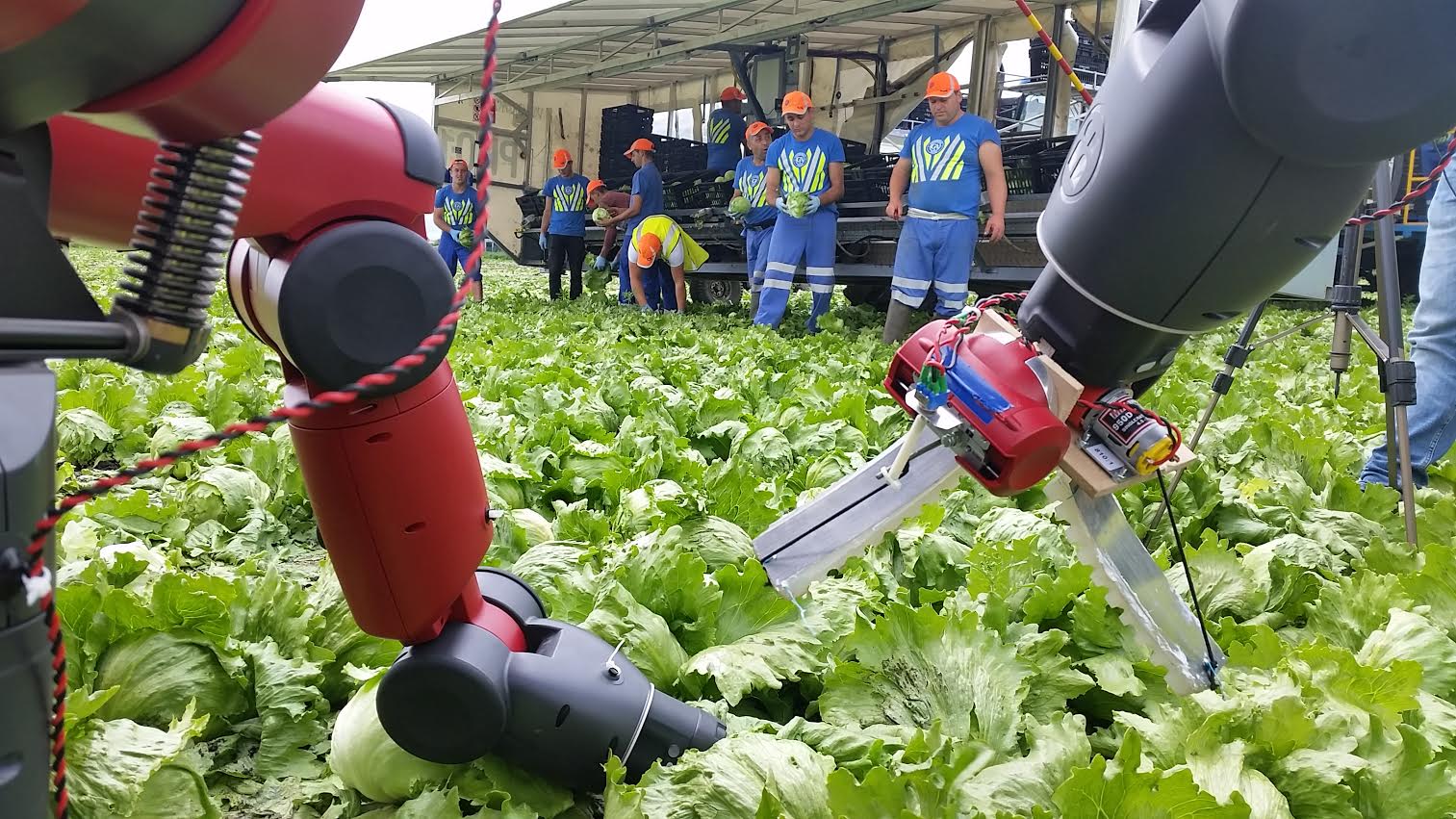Agricultural Robotics Revolutionizing Farming Operations
Did you know that intensive agriculture is no longer just a sci-fi concept? Thanks to advancements in technology, robots are now being used to transform the way we farm. With the help of robotics, farmers can achieve higher productivity and efficiency in their agricultural practices.

In recent years, the use of robots in agriculture has rapidly gained popularity. These sophisticated machines are designed to perform a wide range of tasks on the farm, including planting, harvesting, and even monitoring crop health. By automating labor-intensive processes, farmers can save both time and money, while also reducing the physical strain on themselves.
One of the main advantages of using robots in agriculture is the increased precision they bring to farming practices. These machines are equipped with advanced sensors and AI algorithms that allow them to operate with incredible accuracy. They can precisely plant seeds at the optimal depth and spacing, ensuring that each plant has enough space to grow and thrive.
Moreover, robots can also monitor crop health by analyzing data collected from various sensors. They can detect early signs of diseases or pests, allowing farmers to take timely action and prevent the spread of infestations. This not only saves crops from damage but also reduces the need for harmful pesticides and herbicides.
With intensive agricultural practices becoming increasingly necessary to meet the growing global food demand, robots offer a promising solution. These machines can work tirelessly, 24/7, ensuring that crops are well taken care of. They don't require breaks or holidays, allowing farmers to maximize their productivity throughout the year.
But what exactly is intensive agriculture? In simple terms, it refers to the practice of using high inputs, such as fertilizers and pesticides, to achieve maximum crop yields. Intensive farming often involves the use of large machinery and technology to scale up agricultural production.
Ideas for implementing robotics in intensive agriculture are vast and diverse. For instance, robots can be programmed to assess soil conditions and make recommendations for precisely applying fertilizers. This reduces the risk of over-fertilization, which can lead to environmental contamination and nutrient imbalances in the soil.
Furthermore, robots can assist in weed control by precisely targeting and removing unwanted plants. They can identify weeds using computer vision and apply herbicides directly to the affected areas, minimizing chemical usage and reducing the impact on the environment.
Recommendation for farmers looking to embrace robotics in their intensive agricultural practices is to start small. Investing in robotic machinery can be a significant financial commitment, so it's advisable to start with a specific task or area of the farm and gradually expand. This allows farmers to gain experience and understand how robotics can benefit their specific operations.
Listicle of benefits of using robots in intensive agriculture:
- Increased productivity
- Improved precision
- Cost savings in labor
- Reduced physical strain on farmers
- Early detection of crop diseases and pests
- Reduced use of pesticides and herbicides
- Ability to work 24/7
- Maximized crop yields
- Precise fertilizer application
- Efficient weed control
Question & Answer:
Q: Can robots completely replace human labor in agriculture?
A: While robots can perform many tasks in agriculture, it is unlikely that they will completely replace human labor. Some tasks, such as delicate harvesting of certain crops, still require human touch and dexterity. However, robots can certainly assist and enhance human efforts, making agricultural practices more efficient.
Summary:
Intensive agriculture is no longer a sci-fi concept. Thanks to robotics, farmers can now achieve higher productivity, improved precision, and reduced physical strain. Robots can monitor crop health, detect diseases and pests, and apply fertilizers and herbicides with precision. They offer several benefits, including increased productivity, reduced use of chemicals, and the ability to work 24/7. While robots may not completely replace human labor, they are a valuable tool for farmers looking to optimize their intensive agricultural practices.
So, are you ready to embrace the future of farming with robotic technology?
Post a Comment for "Agricultural Robotics Revolutionizing Farming Operations"